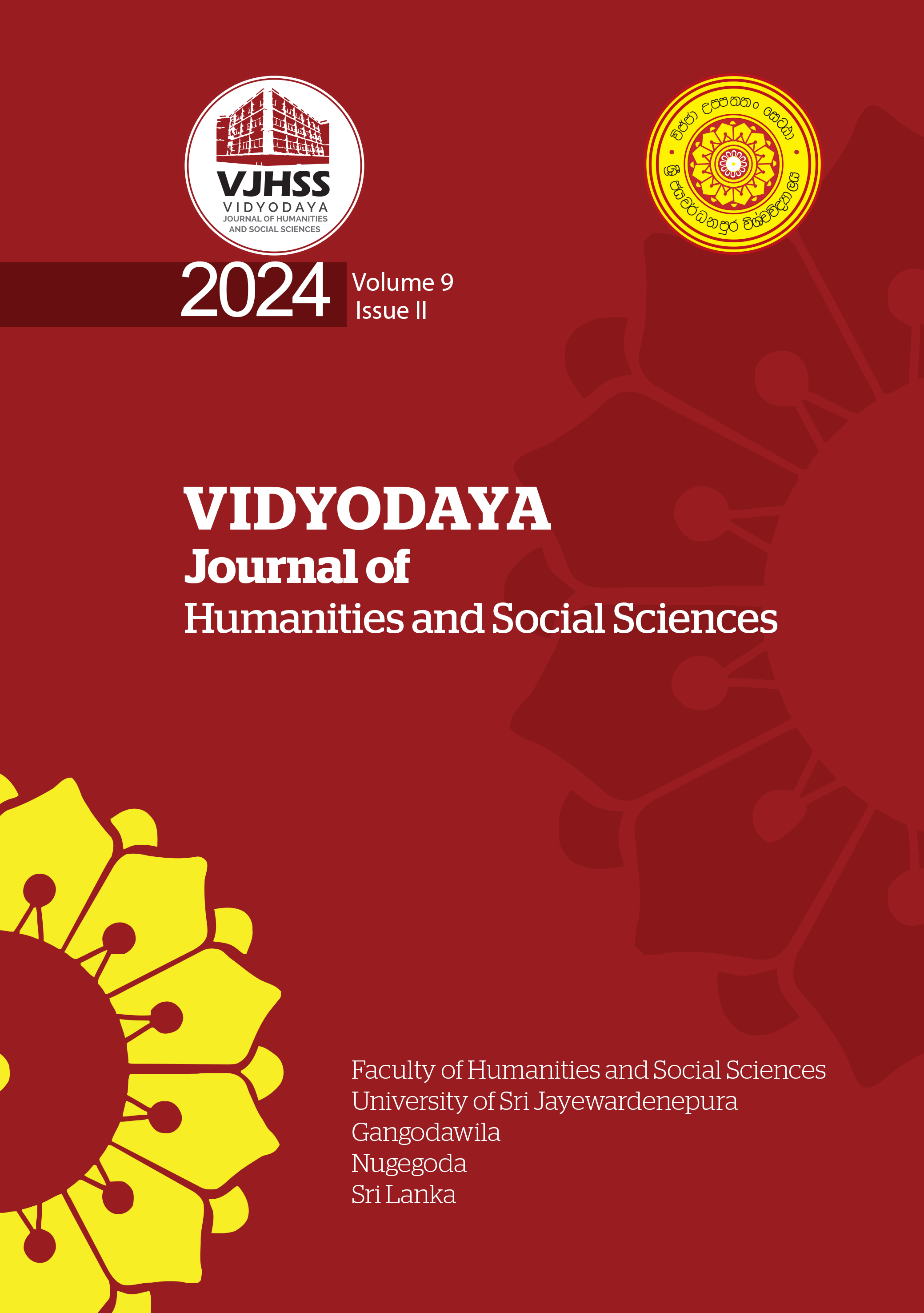Promoting Heritage Language: A Phenomenological Study on the Approaches Used by Cordilleran Students
Abstract
Heritage languages are crucial to identity and community cohesion, but they face a threat from dominant global languages in education, media, and mobility. This threatens their transmission between generations and risks their survival and evolution. This phenomenological study aimed to investigate the approaches utilised by university students in the Cordillera Administrative Region (CAR) in one of the universities in Northern Philippines to promote their heritage languages. Semi-structured interviews were conducted with 10 purposively sampled participants who met specified inclusion criteria. Thematic analysis uncovered four main strategies students employ: intergenerational family transmission, interpersonal sharing and storytelling, informal peer teaching and exchange, and online dissemination. Findings reveal the vital role of families in developing heritage language proficiency through exclusive daily use and active transmission across generations. Students leverage interpersonal interactions and storytelling to affirm cultural identities and foster belonging. Peer teaching enables organic exchange and retention through translation, lessons, and collaborative projects. Interactive online platforms provide expanded reach for promoting heritage beyond local communities. Overall, promotion occurs through interconnected familial, social, educational, and virtual modes that empower students as change agents counteracting assimilation pressures. This contributes to identity formation, pluralism, and sustaining marginalised traditions often excluded from formal domains. Recommendations include an integrated approach reinforcing students' informal efforts through heritage programmes, intergenerational activities, media guidance, policy support, and community collaboration. Formal initiatives should strategically nurture familial foundations and amplify student-driven promotion spanning diverse spheres.



